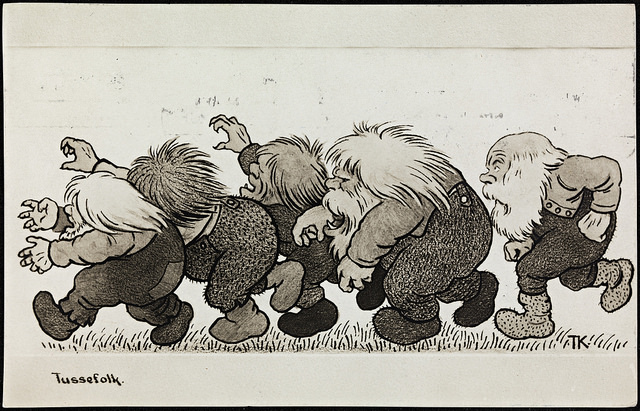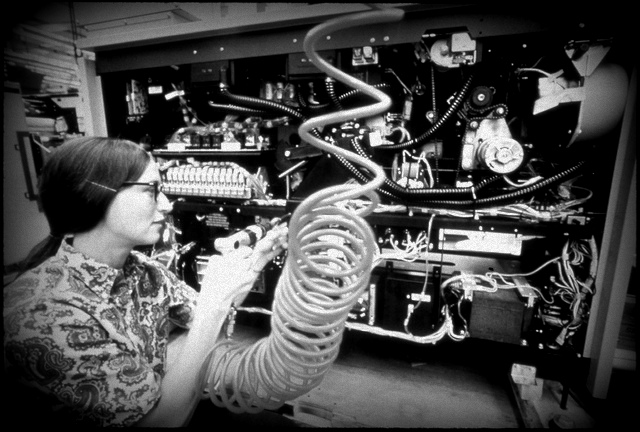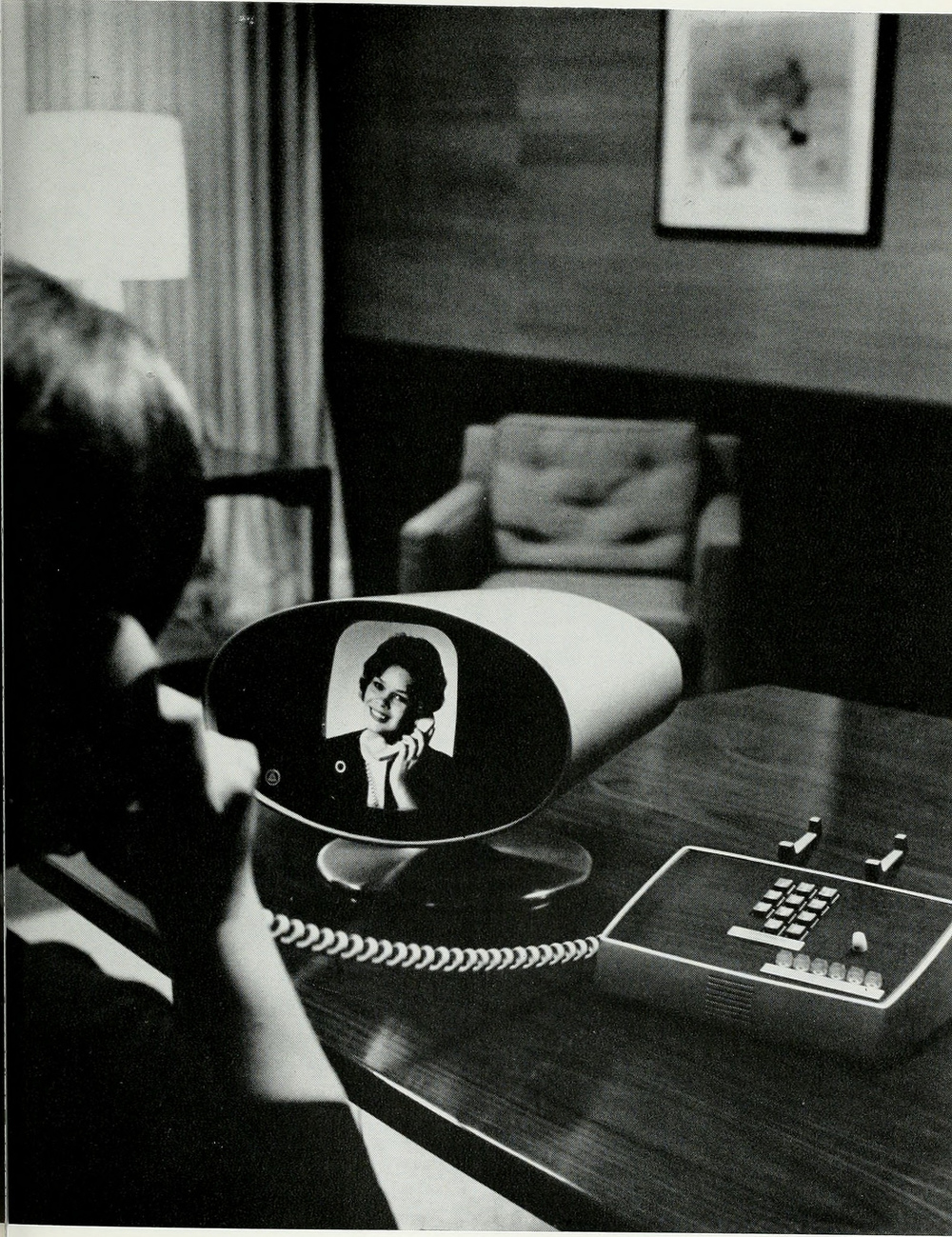With local elections set to take place - followed by the EU referendum in June - communications teams in councils around the country are once again working out what they can and can't do under the purdah guidelines.
by David Holdstock
Read moreYour Custom Text Here

With local elections set to take place - followed by the EU referendum in June - communications teams in councils around the country are once again working out what they can and can't do under the purdah guidelines.
by David Holdstock
Read moreSomeone online has said something critical. How do you respond? Here are some ideas.
by Emily Taylor
Read moreWe can all easily get distracted. Emails. The phone. Twitter. But how can we stop flitting and focus?
Read moreSnapchat works well with youunger people. But using it as an organisation? How would that work?
Read more 10 years in communications is a long time. 10 years being a head of comms is a really long time. Lessons are a plenty so here’s a post which attempts to capture the key ones.
10 years in communications is a long time. 10 years being a head of comms is a really long time. Lessons are a plenty so here’s a post which attempts to capture the key ones.
Well here’s the thing. I woke up this morning and for the first time in 10-years I am not a head of comms. This is a good thing because it means I have moved on to an exciting new phase of my career.
It’s an obvious time to reflect. Has 10 years of being a head of comms made me a better comms professional? And would I recommend the role to someone else? Here’s my take on it, my top tips and answers to these two simple questions.
I have had some fantastic opportunities. Worked with some brilliant colleagues. Won over a dozen industry awards with them and learned way more than you could ever capture in a single post. I have also sat in some dreary meetings. Had to argue the case for comms, over and over and over and over, and crossed swords with some quite unpleasant people. The rough with the smooth. You know the score.
 Web 2.0 saw a promise of online collaboration for social good. But is the party over? Or at least, has the shine come off?
Web 2.0 saw a promise of online collaboration for social good. But is the party over? Or at least, has the shine come off?
by GUEST EDITOR Chris Bolton
Way back in 2008 I read ‘Wikinomics’ by Don Tapscott and Anthony Williams, and it pretty much changed my life. At the core of Wikinomics was the idea that the large scale collaboration of people online, was going to change everything we do. The ‘phrase d’jour', was Web2.0; used a lot at the time to describe the ideas around 'online mass collaboration', including what we now recognise as social media.
 Know your stuff. Know who covers your patch then get to know them. It's an approach that's as old as the hills but one that continues to bear fruit if done with skill.
Know your stuff. Know who covers your patch then get to know them. It's an approach that's as old as the hills but one that continues to bear fruit if done with skill.
It’s interesting to view how much the economic pendulum has swung since the global recession of 2009.
Back then a large part of the media’s agenda was sewn up with the big boys, the car producers, aerospace giants and the financial powerhouses would regularly adorn the pages of the nationals and the airtime of our major broadcasters.
Stories from SMEs - small, medium enterprises - did get covered, don’t get me wrong. However, more often than not they were neatly packaged away in their own special enterprise section and very rarely did they make it into mainstream news.
 It's often the most badly handled part of PR. The phone call to sell-in a story to a journalist. Done badly it ends with the phone slammed down. Done well and it can help you hit the bullseye. Here are some thoughts from a master of the craft.
It's often the most badly handled part of PR. The phone call to sell-in a story to a journalist. Done badly it ends with the phone slammed down. Done well and it can help you hit the bullseye. Here are some thoughts from a master of the craft.
Call me old fashioned, but I still love the cut and thrust of the ‘pitch’ to journalists.
Admittedly, I seem to be a rather shrinking breed if recent articles and twitter conjecture is anything to go by.
And I know from experience, a lot of younger PRs view picking up the phone as appealing a prospect as relying on a London Midland train to get you to your appointment on time.
Don’t get me wrong I can understand the apprehension. I’ve been given many a ‘short shrift’ by experienced hacks, been embroiled in heated exchanges when an embargo has been broken and been left exasperated at the choice of photo the picture editor chose to be a bit ‘different’.
 by Carol Grant
by Carol Grant
One of the most prized leadership attributes at the moment is resilience. In uncertain times, it can be the key survival skill. Some people assume that they just need to develop the hide of a rhinoceros and they’ll be fine.
However, a thick skin can make you insensitive to subtle changes taking place around you. To avoid extinction, it pays to know what true resilience looks like.
If you can keep your head…
As Kipling said, keep your head while all around are losing theirs. This doesn’t mean having all the answers. It does mean keeping calm in the face of uncertainty. If you can, you’re better placed to evaluate choices and options.